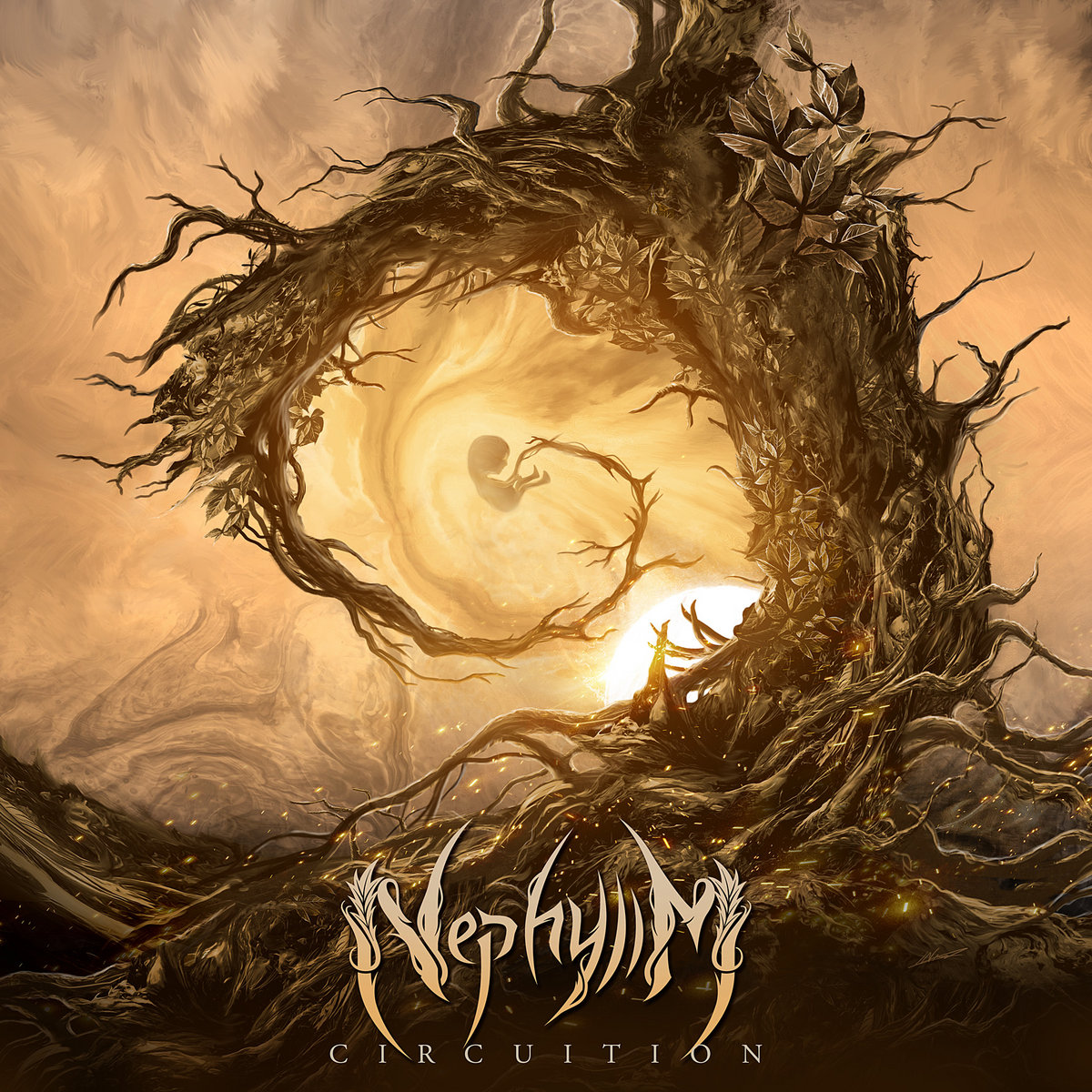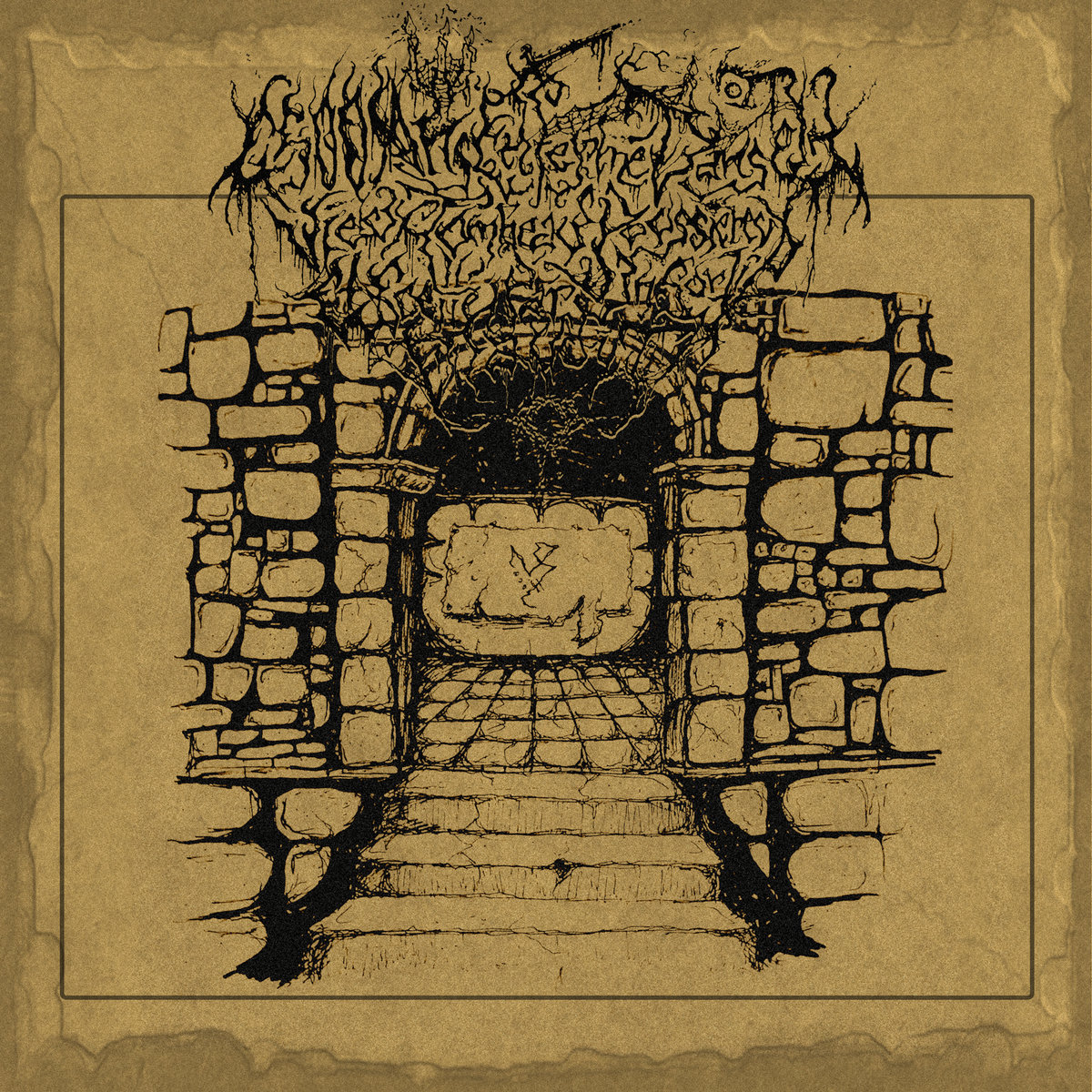
Eldritch – Innervoid
1st December 2023
RüYYn – Chapter II: The Flames, the Fallen, the Fury
6th December 2023Paradise Lost – Icon 30
Label: Paradise Lost / Release date: 1st December 2023
In 2018 W.A.S.P. released the re-recorded version of their 1993 masterpiece The Crimson Idol entitled ReIdolized (The Soundtrack to the Crimson Idol). The main reason for this move seemed to be the copyright issue with their recording company, which prohibited the band from releasing the accompanying film. So, they decided to re-record the album in order to be able to release the film, which was recorded in 1993, but was never fully released. And while that in itself is understandable, it still does seem like a “wrong” reason to re-record such an iconic and basically flawless record.
And speaking of iconic – British Gothic Metal legends Paradise Lost have just released the re-recorded version of their own 1993 release – Icon.
And the reason for this move unreservedly resembles that of W.A.S.P. No, Icon was never accompanied by a film, but the fact that the band doesn’t own any rights for this album or its artwork, meant that they couldn’t do much with it to commemorate its 30-year anniversary. Unless they re-recorded the album and create whole new artwork, that is.
Icon 30, as it’s titled, is produced by Jaime Gomez Arellano, who has produced the last three Paradise Lost records and taking their diversity into the consideration he’s a man who understands the band and knows how to sonically capture what each album is about. His first recording with the band The Plague Within saw him deliver that return-to Gothic Metal roots sound, Medusa on the other hand was full circle for the band, focusing on sound and style from their beginnings. And the band’s last album Obsidian saw the band and Arellano deliver what can only be described as a look at Paradise Lost’s entire career and cramming it onto one record. So, there is no doubt that he is a man for the job, taking into the consideration that the band didn’t choose to go with original Icon producer Simon Efemey.
And when what we have here is basically note-to-note re-recording if the 1993 release, then the major difference is in production and Nick Holmes’ vocals. His performance on the original release was brilliant, but there is a certain charm and authority to his vocals these days, which serves the album. He doesn’t try to match the intensity and the edge of the original, because he’s a different singer these days. He knows his limitations as well as his strengths, which makes his performance on icon 30 balanced and a good representation of where he’s at as a singer in 2023.
Still the major difference is in the sound of this album, which is sharper and far more defined. Drums, especially, are rather compressed and piercing. In general, production is solid and modern sounding, which perhaps would be one of the reasons one would re-record their old album. Nevertheless, Efemey’s production on the original was very much a defining for the band and in many ways for the genre. And while the production on re-recording is professionally executed, it does lack the weight, warmth and character of the original. On the other hand, for those who for some reason dislike the sound on the three-decade-old release, this might come as a breath of fresh air.
The album is also a first album to feature the band’s new drummer, Guido Zima Montanarini. On the original recording, drums were handled by the band’s original drummer Matthew Archer, who left the band after the release of the album. His performance is tighter than Archer’s on the original recording, and as such it grooves and breathes less. The somewhat sterile drums sound doesn’t help either. Montanarini does what he’s supposed to, just like he’ll surely do in live setting. Not much more to add to that.
Just like the music, the artwork leans against the original and in general is aesthetically very effective with just the right balance of the original and new feel.
Taking the whole copyright situation into the consideration, it’s understandable that the band decided to rerecord their classic to commemorate the three-decade milestone, and it also seems like the band had a good time revisiting the old material. On the other hand, what it comes down to is the fact that these kinds of re-recordings are in general unnecessary. Especially if the original was so defining for the band and the genre, and let’s not forget – still sound rather good. And with that it seems fitting to close this review with closing marks from that ReIdolized (The Soundtrack to the Crimson Idol) review, so here we go…
It’s very tough reviewing the re-recording of an album that has been such a massive part of one’s life and such a huge impact on the genre in general. Part of me wants to salute it for the masterpiece it is, while the other part wants to slaughter it. If you take that into the consideration, then perhaps it won’t bother you that much that this review is without a score.





